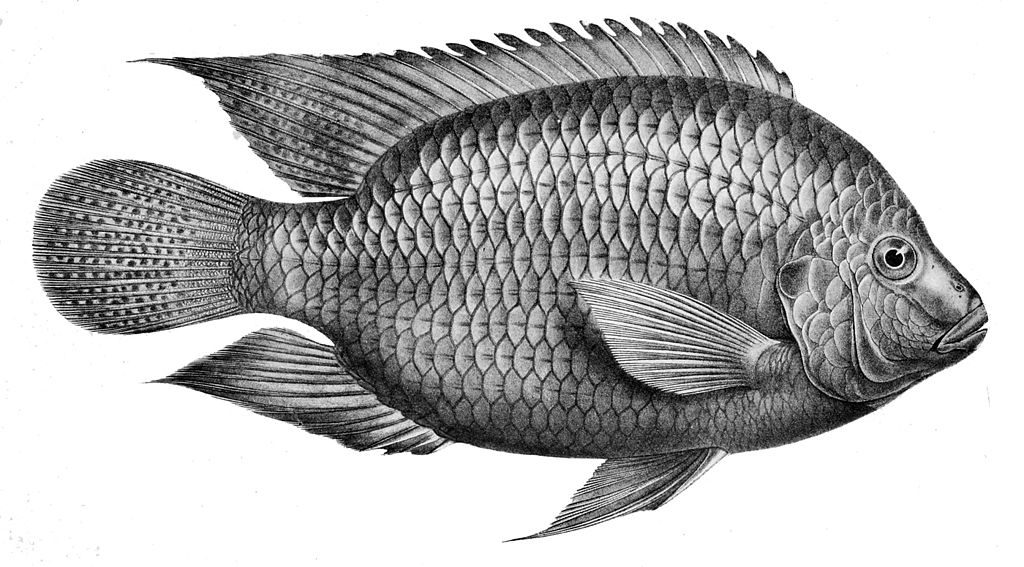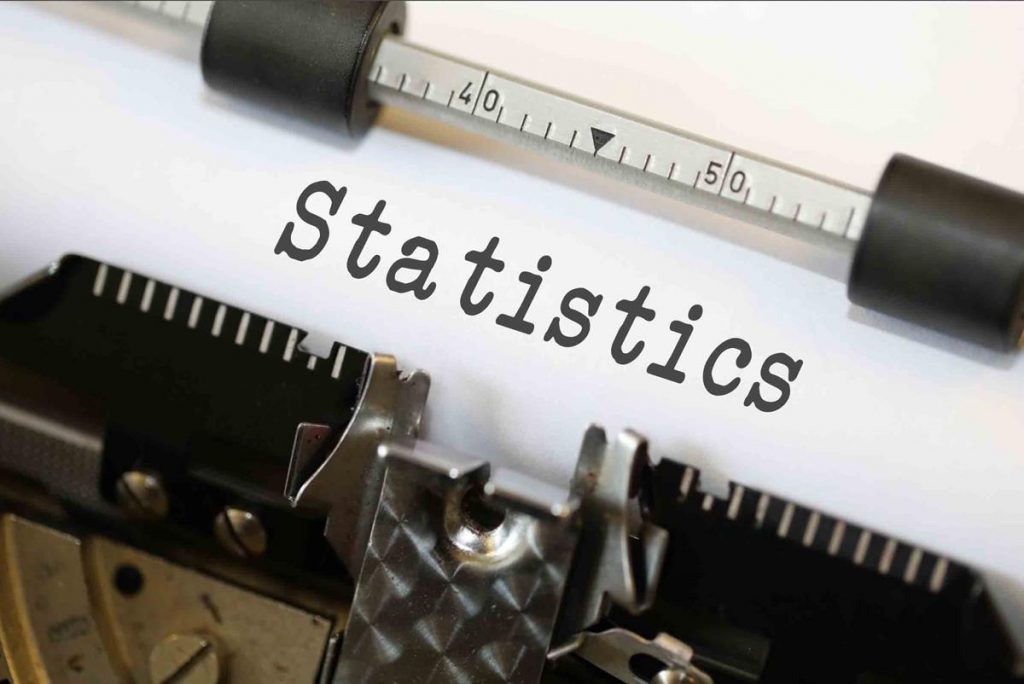
A chemistry researcher in India is up to seven retractions and one correction for problematic images and other issues.
The researcher, Mahendra Yadav, was the first author on an article titled “Corrosion inhibition of tubing steel during acidization of oil and gas wells,” which appeared in 2013 in the Journal of Petroleum Engineering (JPE). Yadav, who also has a correction for similar concerns, and who has a fairly extensive entry in PubPeer, is listed as being affiliated with the Department of Applied Chemistry at the Indian School of Mines, in Dhanbad.
According to the notice:
Continue reading Chemistry researcher who studies oil wells is up to seven retractions






